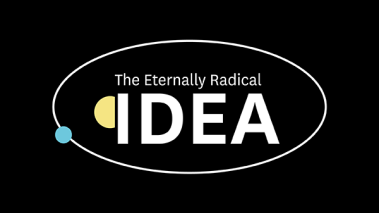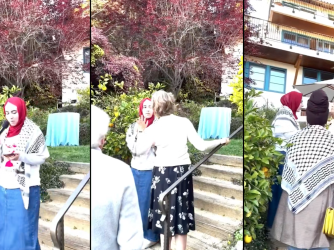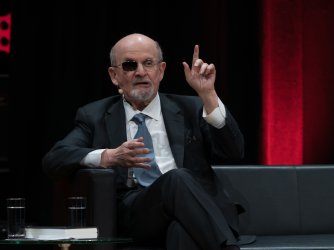Table of Contents
Unlearning Privacy: the NSA and the Modern American College Campus Have More in Common Than You Might Think

This article appeared in The Huffington Post.
In my book, Unlearning Liberty: Campus Censorship and the End of American Debate (which will be one year old tomorrow), I argue that modern college students are learning the wrong lessons about what it means to live as citizens in a free society.
Through campus speech codes students are taught both that they have fewer rights than they actually have, and that maybe even censorship is what good and enlightened people do; through tiny and restrictive free speech zones (best represented by this recent case at Modesto Junior College) they are taught that they may have freedom of speech, but they must ask state permission to use it, and even then they might be limited to “that little cement area;” and through shoddy campus procedures they are taught that due process is primarily to be thought of as a hindrance to, as opposed to a necessary component of, justice.
One issue I did not heavily focus on, however, is the issue of privacy on college campuses and how some campuses seem to be preparing a generation of students for life in a surveillance state. Thankfully, that topic has been excellently addressed by my colleague Nico Perrino in The Guardian today. In the column, Perrino covers the recent privacy outrage at Harvard University in which it became apparent that the administration accessed faculty emails after they realized an unflattering fact relating to a cheating scandal had been “leaked” to the press. He also points to shocking cases of surveillance involving Valdosta State University, Occidental College, St. Augustine College, and the University of Montana. In explaining all this, Perrino draws eerie parallels to the NSA and the growing culture of surveillance:
The controversy over government surveillance in the name of national security has naturally raised questions about how much monitoring is justified to protect the nation from the security challenges it faces. But as the discussion unfolds, we should not be led to believe that intrusions into our privacy are limited to just one government agency based in Maryland. On the contrary, on thousands of campuses across the country, college administrators engage in similar monitoring practices with similar justifications in mind. And often administrators’ and universities’ reputations, not anyone’s safety, appear to be what’s at stake.
In a recent discussion with other First Amendment lawyers, I struck a worried note about my fear that the current generation might not care as much as previous generations about their privacy. After all, if you grow up posting even your most intimate moments and poorest decisions on Facebook and Twitter, are you really that concerned about your privacy? People like Perrino, however, give me hope that younger generations do understand what’s at stake and that we need not accept either censorship or big brother as the new normal.
Recent Articles
FIRE’s award-winning Newsdesk covers the free speech news you need to stay informed.

No, the Berkeley Law student didn’t have a First Amendment right to interrupt the dean’s backyard party

Salman Rushdie calls out left-wing censorship in CBS interview

Falsely claiming a First Amendment right at a dinner party at private home — FAN 419.1
